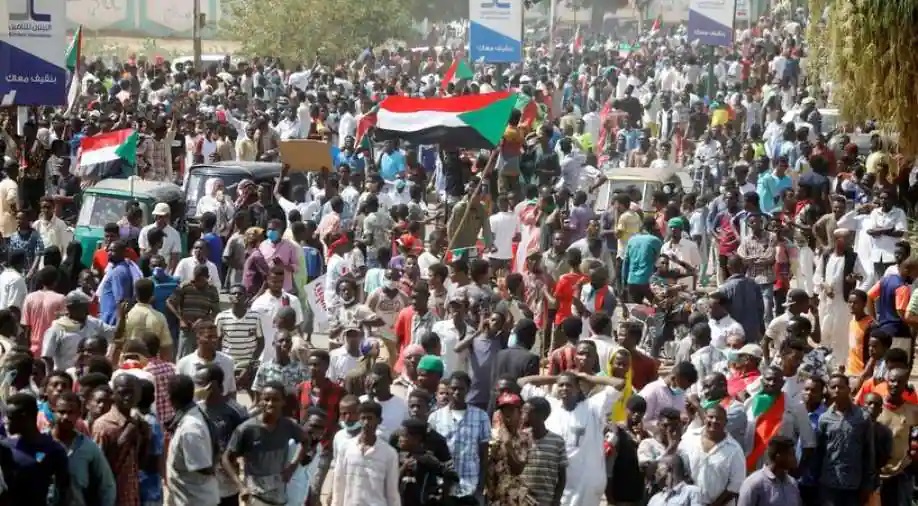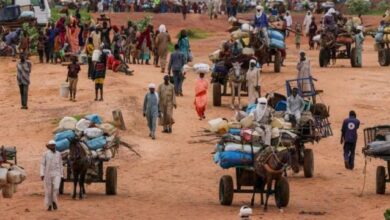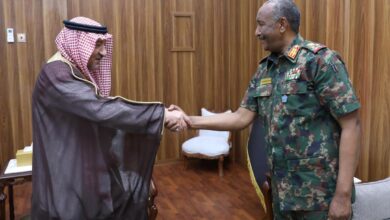
Expected Scenario

Omer B. Abu Haraz
It is now clear that the playground and its pitch are both hardly conducive to a sustained smooth transition to democratic civilian governance in Sudan.
In a likely unfortunate step the military component, after running out of patience, will opt for appointing a prime minister and a cabinet from widely controversial persons and most probably lean to opponents of the December Revolution’s original incubator, the Forces of Freedom and Change (FFC), and to the Resistance Committees (RCs) which are leading the current streets protests.
At the onset of appointing P.M. and cabinet, the streets will again be flooded with millions of youths which might culminate in another massive sit-in, together with civil disobedience that barricades major streets in the capital.
This will directly lead to one of two options:
A decision by the military to quell the insurgence by the use of excessive force will inflict heavy causalities on the peaceful youths.
This will be met with strong condemnation from the international community, especially Troika, EU, and UN. The degree and level of the involvement and intervention of the international community will be equal to the size and duration of excessive use of force. It could lead either to moving Sudan from Chapter VI to Chapter VII or to a unilateral intervention by America and the EU similar to what had happened in Iraq in 2003. The rhetoric and statements of American top officials enhance this argument. America considers the stability and well-being of Sudan as one of its national security elements.
The rhetoric and statements indicate that America cannot tolerate the slipping of Sudan into chaos, civil wars, and disintegration. Location of Sudan in the heart of Africa, its strategic borders in the Red Sea and the Horn of Africa together with shared borders with 6 fragile states threatened by the invasion of terrorist groups in Libya, Tchad, Central African Republic, South Sudan, Ethiopia, and Eritrea. All this plus the vast resources of Sudan especially in agriculture and mining put Sudan right in the middle of the American National Security concerns.
The other option in the likelihood of the continuation of the current volatile conditions in Sudan is a full-fledged military coup by young medium officers which will seemingly appear to be leaning toward the youths and revolutionaries. They will assume power and rule by calculated plans and steps that align with the interests of the international community.
The new regime will start in a fierce grip of power to first put the country in order and peace. Political parties will be absent from the scene for quite a long time. One national, coherent, and strong army will be created.
After bringing the whole country to order and peace in a short period, a civilian capable government will be formed and the military will withdraw from the political executive scene after adopting a presidential system of governance. General elections will bring a strong fully supported president by the army. Huge development plans will cover all areas of resources of Sudan which will in two years show positive results in the economy.
Sudan will then be stable in peace and sustained development.




